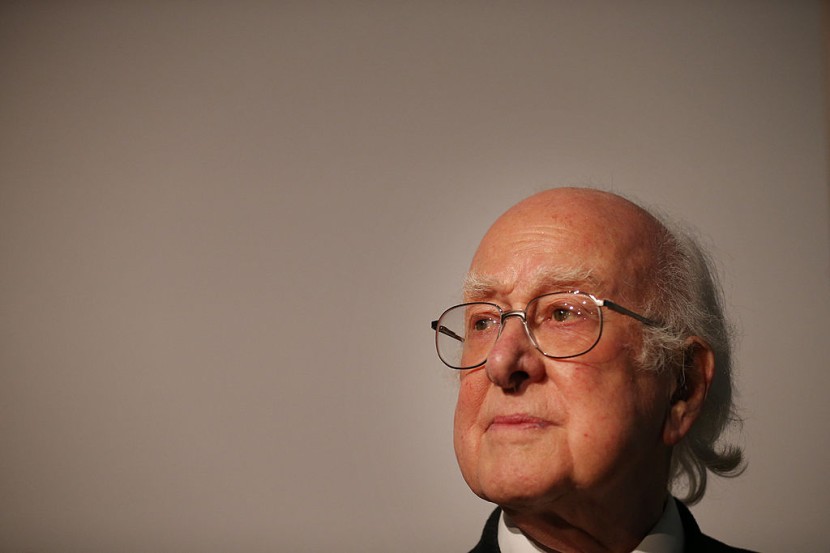
University of Edinburgh emeritus professor Peter Higgs, one of two men who won the Nobel Prize for proving the existence of the "God Particle," has died at the age of 94.
The university said that the physicist died on Monday (Apr. 8) following a short illness.
"Peter Higgs was a remarkable individual - a truly gifted scientist whose vision and imagination have enriched our knowledge of the world that surrounds us," said university principal and vice-chancellor Prof. Sir Peter Mathieson. "His pioneering work has motivated thousands of scientists, and his legacy will continue to inspire many more for generations to come."
Higgs—born in Newcastle in 1929—initially described himself as "incompetent" in the physics laboratory at school and at first preferred maths and chemistry. But inspired by quantum physicist Paul Dirac, who had attended the same school, he went on to specialize in theoretical physics.
He received a doctorate at King's College, University of London, in 1954 and spent much of his career at the University of Edinburgh, becoming the Personal Chair of Theoretical Physics between 1980 and 1996, when he retired.
CNN reported that the discovery of the Higgs boson in 2012 at the CERN research center near Geneva was widely hailed as the biggest advance in knowledge about the cosmos for over 30 years and pointed physics towards ideas that were once science fiction.
What came to be known as the Higgs boson would solve the riddle of where several fundamental particles get their mass from: by interacting with the invisible "Higgs field" that pervades space.
The interaction was later known as the "Brout-Englert-Higgs mechanism," and won Higgs and Belgian physicist Francois Englert the Nobel Prize in 2013. Englert's collaborator, Robert Brout, died in 2011.
However, his study came a long way before it was recognized as the study that proved the existence of the "God Particle," a term he despised since he was an atheist. In 1964, Higgs's first paper on the model was rejected by an academic physics journal at CERN as being "of no relevance to physics." His revised paper, although published weeks after Englert and Brout's, was the first to explicitly predict the existence of a new particle.
"Over a weekend ... I gradually realized that I knew two things that had to be brought together," Higgs said at the time. "I had to go back to my office on the Monday and check that I hadn't made a mistake about this."
For nearly three decades, physicists at the European Council for Nuclear Research (CERN) and at Fermilab in Chicago replicated the "Big Bang" by smashing particles together, hoping to glimpse the Higgs boson in the resulting mini-explosions.
CERN's massive Large Hadron Collider finally proved to be the facility that proved the existence of the "God Particle," and in 2012, two experiments there independently found the Higgs boson.
Higgs was married to American linguist and nuclear disarmament campaigner Jody Williamson from 1962 to her death in 2008. They had two sons.
He was also described by his friends, colleagues, and neighbors as modest about his achievements and shy of the media, recalling that he devised a schedule to avoid media attention upon the announcement of the Nobel Prize awardees in 2013.
© 2025 HNGN, All rights reserved. Do not reproduce without permission.








